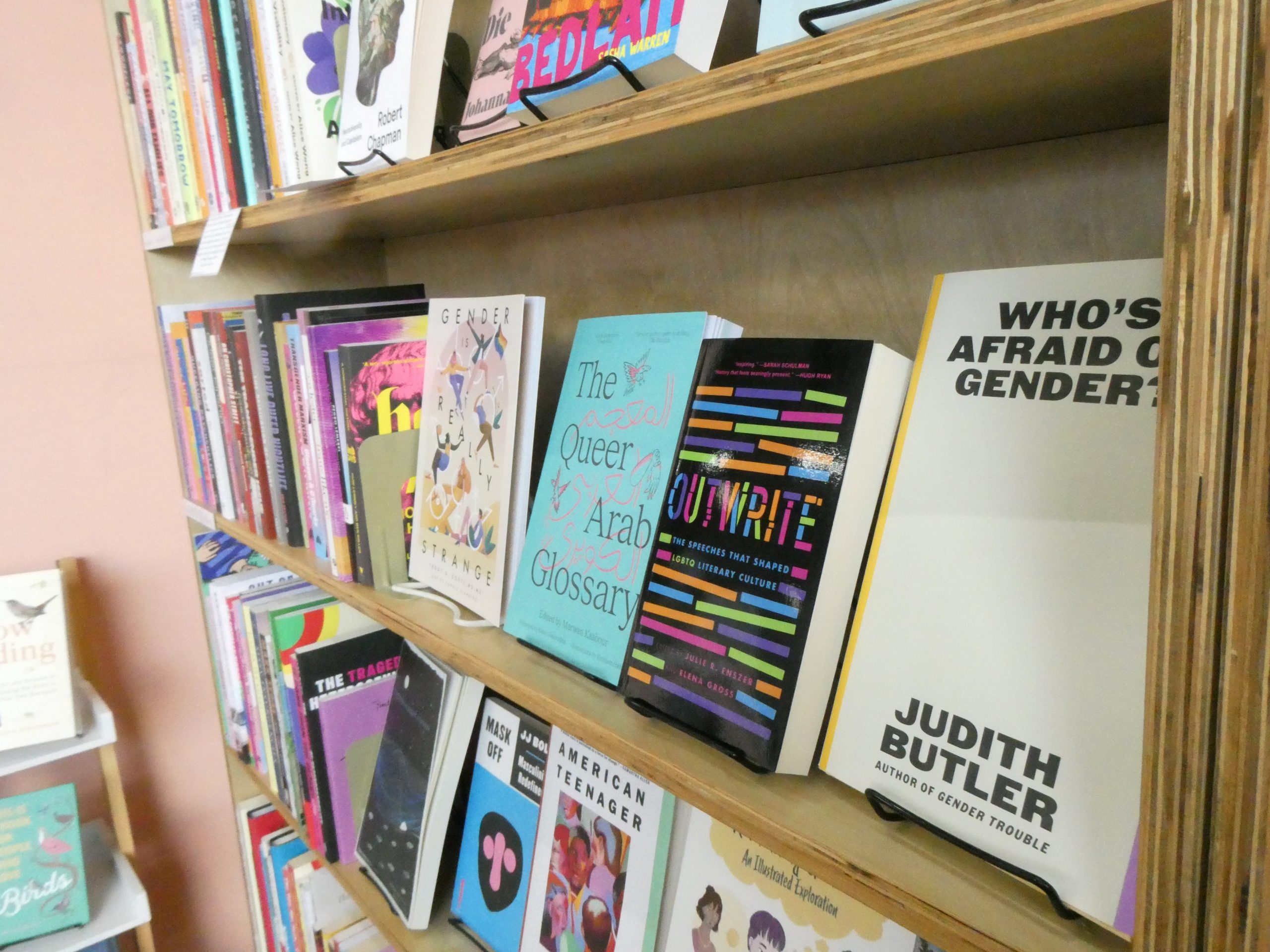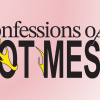I want you to genuinely consider this question. What’s most likely: going through all of Burning Man without ever getting naked, or meeting a guy your age who reads and writes for pleasure? Odds are, you probably went with Burning Man.
Outside of a stupid joke, the tendency for Gen Z men to engage with literature of any kind is dwindling. When we consider the men in our own lives, this shift becomes abundantly clear. The only avid readers I can think of are my father and my fifth grade academic rival. Yes, these “pillars of literacy” can be explained away by generational difference or naivety. However, they highlight the sobering realization that young men just aren’t reading.
A New York Times opinion essay by UNLV professor David J. Morris provides some statistics on the disappearance of literary men. Morris describes how women account for 80 percent of fiction sales and that creative writing fields are 60 percent female; with some cohorts of writing at the university level being entirely female.
It is important to note here that it’s a very positive thing that women are succeeding in literature. Men have long had their reign here, and it’s time that the deeply intersectional works of women come to the forefront. However, the lack of young men in literature alludes to their regression, showing a continuation of trends in which women outnumber men in colleges and outpace them in occupational settings.
For most Gen Z men, video games and pornography are the mode. Ask the average college-aged boy what his plans are for the day, and you can guarantee video games will be mentioned.
Now, video games aren’t inherently bad. They help bolster problem-solving skills and they create communities where people can feel seen. But, much like pornography, certain communities around gaming can become an echo chamber of misinformation and misogyny. Add on the fact that these young men are putting down their pencils and their books to join these communities full force, and a recipe for even further damage in the reading world and society as a whole is made.
It is necessary to make an important note here that men and women are fundamentally different when it comes to stimulation. This refers to both sexual stimulation and basic interest stimulation. Studies have found that men are more aroused by visual stimuli, while women are aroused by concrete stimulation related to the senses. This would explain the male gravitation towards pornography and video games, as arousal happens based on sight, while women gravitate more towards the arts. However, pornography addiction has exploded in recent years amongst young men, suggesting a cultural shift.
This trend has created a generally confused population of men during a very poignant period of their lives. Your college-aged years create who you will become. These GenZ men lack identification with the literary world, its pivotal characters and storytelling. They now seek knowledge and identification from the “manosphere”. While the manosphere isn’t necessarily a bad thing, certain figureheads like Joe Rogan, who preach toxic masculinity, wind up poisoning the well, teaching young men to pick up extremely warped conjectures of the world.
Another layer of this issue is the feminization of literature. As discussed earlier in this article, American literature is now a female-dominated space. Women contribute in mass numbers to both fiction and nonfiction, writing in genres ranging from romance to sociology and beyond.
As women continue to find success, men can begin to participate in “male-flight”. This term refers to men leaving spaces associated with women in order to uphold traditional masculinity. So, as literature continues to be female, it continues to be devalued as men flee the field. Coupled with the fact that remaining male writers are being turned away by editors, leaving them nowhere else to turn but to right-wing spaces that will publish them.
Our current culture upholds toxic masculinity and creates the communities which sustain it (i.e. Manosphere, pornography), causing men to be disillusioned with literature altogether. It is important that young men read and write. It is important that young men consume literature created by women. These forms of expression improve emotional intelligence and ground one’s understanding of the world.
Instead of just writing about the disappearance of literary men, I decided to ask real college-aged men what they think. I devised a kind of poll where I asked the following questions: What was the last thing you read? Who was it by? How much have you read/wrote in the last week during leisure time? How important is literature to you? Where do you receive your news? What genres do you enjoy?
Out of twenty college-aged men that I randomly selected at local bars, only five of them had read or wrote for pleasure in the last week, half of them having read a self-help book from a male author. The genres that I heard mentioned the most from these young men were self-help, science-fiction and mystery/adventure. I then went to the Joe Crowley Student Union where I asked fifteen randomly selected college guys the same questions. In this sample, seven of them had read or wrote for pleasure in the last week. I heard the same genres mentioned, with a couple of the men also citing sports logs as their weekly reading.
As I engaged with the sample poll, I continued to hear the question, “Who even reads anymore?” As damning as this question may be, it just highlights how literature has been phased out of many young people’s lives. Overall, the poll went as expected for the bar group, with 75 percent of the young men asked not engaging with literature outside of school at all. However, the group asked at the Joe was much more promising, with just under half of the sample group engaging with some kind of literature outside of school.
If there is anything to take away from the poll, or the entire situation in general, it’s that there is still hope for the young men of Gen Z. While some of the accounts were exactly what you might expect, there were exceptions. Outside of bar-goers, the numbers of young men who are the exception are even higher. We must encourage the pursuit of literary knowledge upon our young people, especially the confused young man. After all, we are the future, and the future will always be benefitted by better men.
Opinions expressed in The Nevada Sagebrush are solely those of the author(s) and do not necessarily express the views of The Sagebrush or its staff. Kyra Thornhill is a student at the University of Nevada. She can be reached at draridon@sagebrush.unr.edu and on Instagram @thederekraridon.









